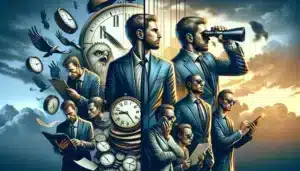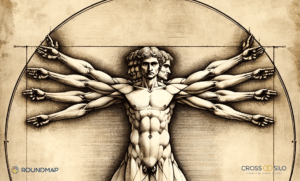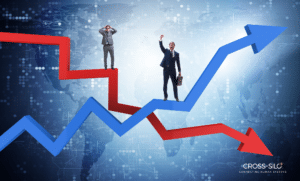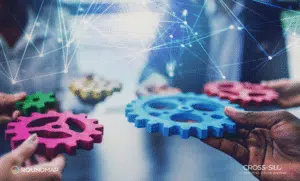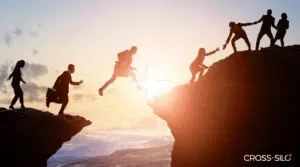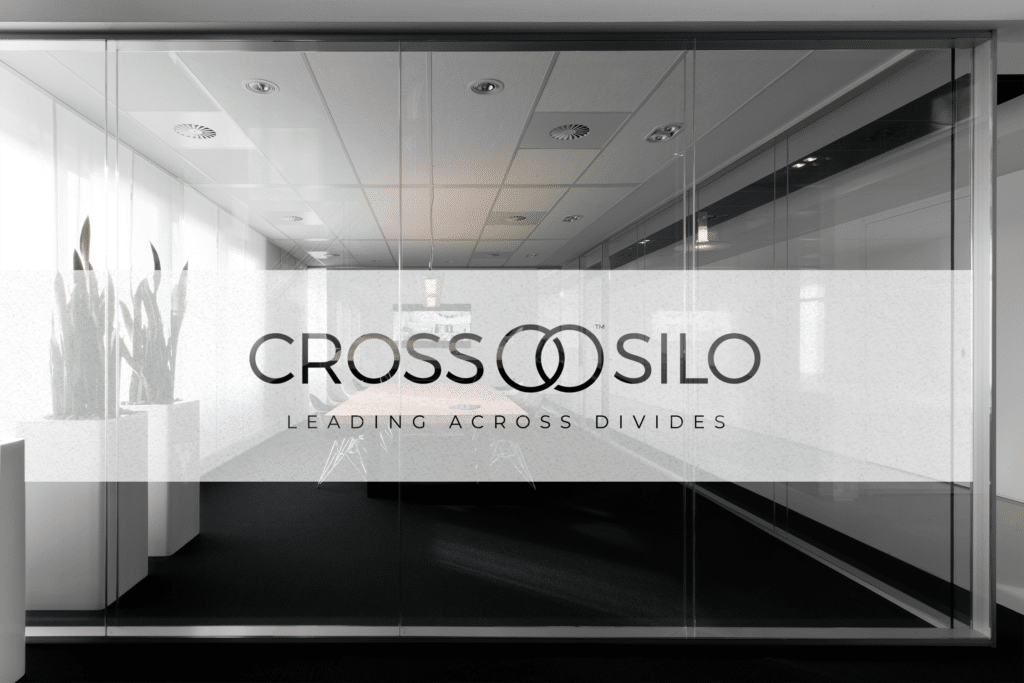Let’s begin with a reflection: I often muse with my wife about the nature of life being a tapestry of repeated actions. This notion strikes me each morning as I draw back our bedcover, a ritual as familiar as dawn. This daily act serves as a poignant reminder of the continuum of days, months, and years—each echoing the last in a seemingly endless loop. Initially, my wife resisted this perspective, viewing it as overly simplistic. Yet, over time, she, too, acknowledged the cyclical rhythm that underpins our existence. That is until life’s unforeseen crises shatter this illusion of monotony. Whether it’s a personal battle with illness or the stress of a pivotal business setback, what once felt mundane suddenly transforms into a bastion of comfort—the certainty of knowing what each tomorrow may bring.
Similarly, the corporate world operates like a well-oiled machine: predictable, efficient, and steady. Like turning the key in an ignition, we expect the familiar hum of productivity, with each business component engaging seamlessly to replicate yesterday’s successes. However, just as in our personal lives, this predictability is disrupted by the inevitable winds of change. Markets evolve, customer preferences shift, and the zest for innovation among employees can wane. The machinery of business, untouched and unbroken, may suddenly find itself at odds with the new landscape it faces.
This realization brings us to a crossroads faced by organizations across the globe. The question is not if change will come, but when—and more critically, how we respond. The greatest dilemma of our time is not merely the challenges themselves but our approach to them. Do we wait for the crisis to hit, forcing us into reactive measures, or do we anticipate the change, transforming proactively to become a future fit?
Take, for instance, the global pandemic. For many, it was a crisis that upended the status quo. For others, it was a test of their foresight and adaptability. Businesses that had invested in digital transformation, flexible work policies, and a solid online presence found themselves at an advantage. Meanwhile, others scrambled to pivot, often at a greater cost and with varying degrees of success.
This scenario underlines a fundamental truth: transformation is not merely an option but a necessity in the face of inevitable change. Yet, despite knowing this, many leaders hesitate. They cling to the comfort of repetition and the known, even as the world evolves. It’s human nature to resist change, to hope for the best while preparing for the worst. But in the dynamic tapestry of the global economy, this mindset can be more than just a limitation—it can be a liability.
The key is not to avoid repetition or deny the possibility of crisis. Instead, it’s to recognize the patterns that lead to complacency and to cultivate a culture of continuous innovation and adaptability. It’s about making transformation a part of the organizational DNA, rather than a last-minute scramble in the face of disaster.
Leadership in this context means being the captain who steers the ship away from the storm before it’s visible on the horizon. It’s about fostering a visionary mindset that seeks to understand the deeper currents shaping our world. This requires a blend of courage, insight, and a willingness to embrace the unknown.
Ultimately, the greatest dilemma of our time is also our greatest opportunity. It challenges us to rethink our approach to leadership, to business, and to life itself. Are we content to react to crises as they arise, or will we seize the initiative, transforming our organizations and ourselves to not just survive the future, but to thrive in it?
As we stand at this crossroads, the choice is ours. Will we wait for the cover to be pulled from our beds by forces beyond our control, or will we rise each morning with the purpose of weaving our own destiny? The answer to this question will define not only the future of our organizations but the legacy we leave for generations to come.

